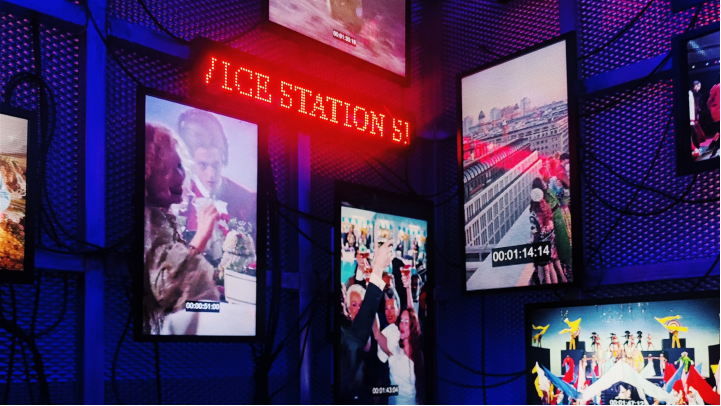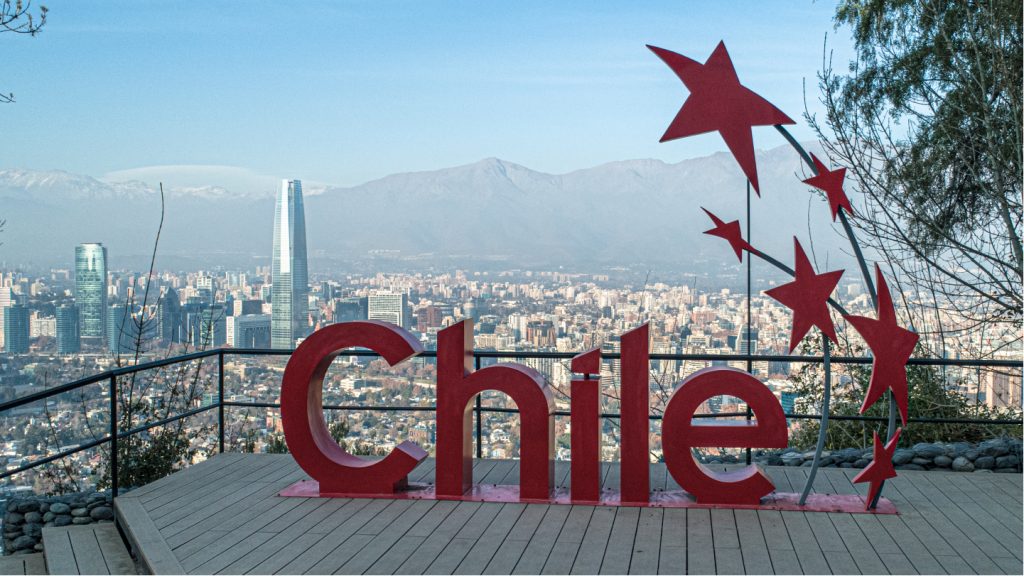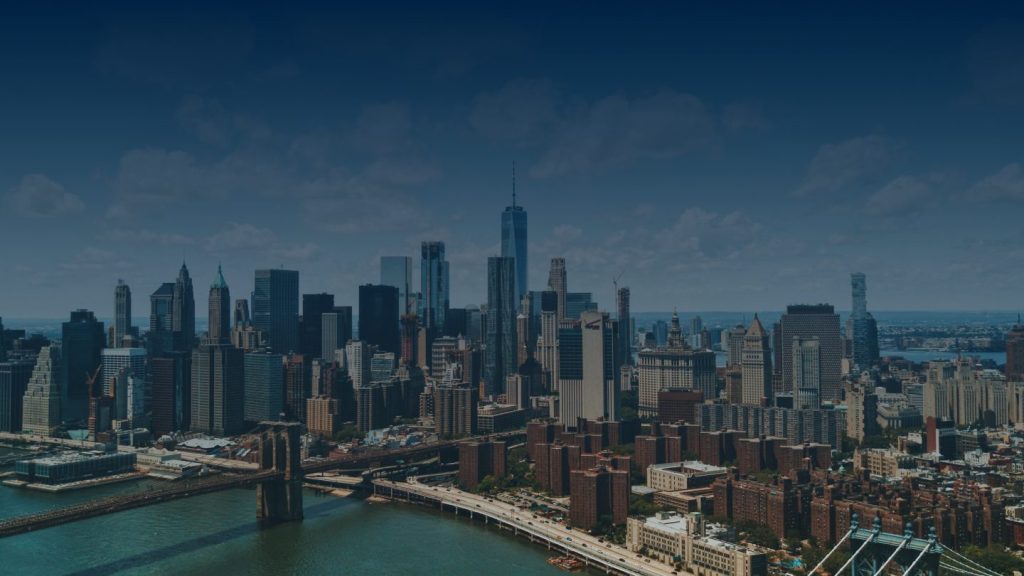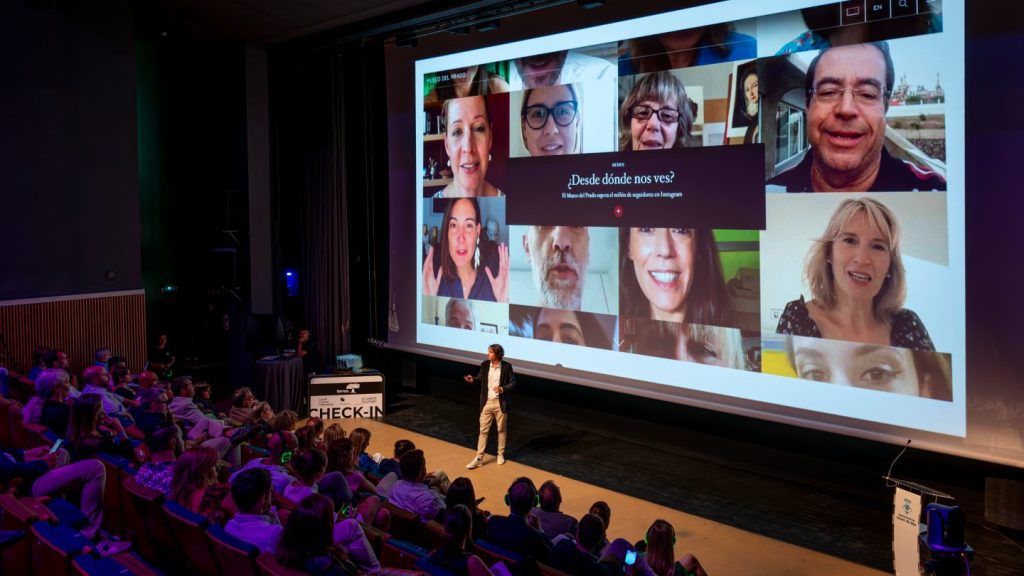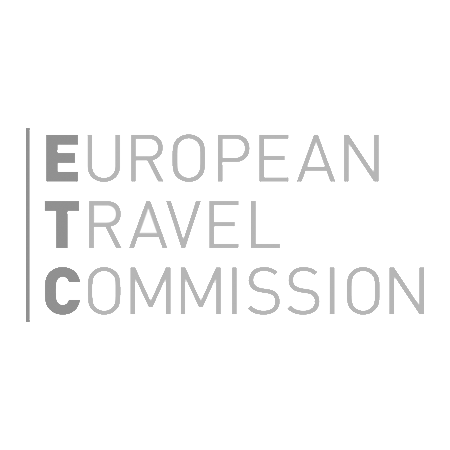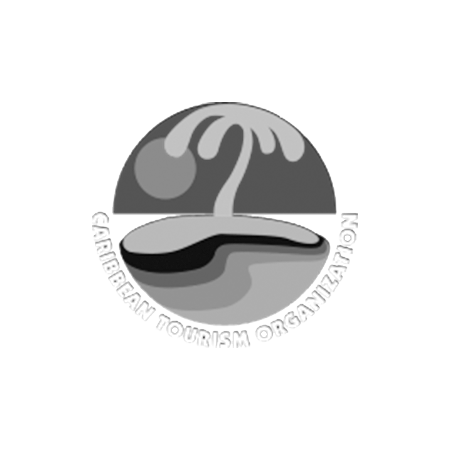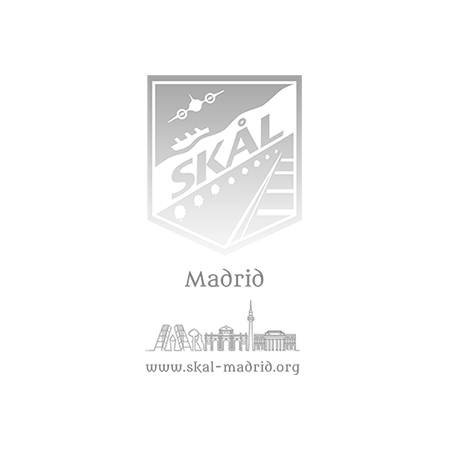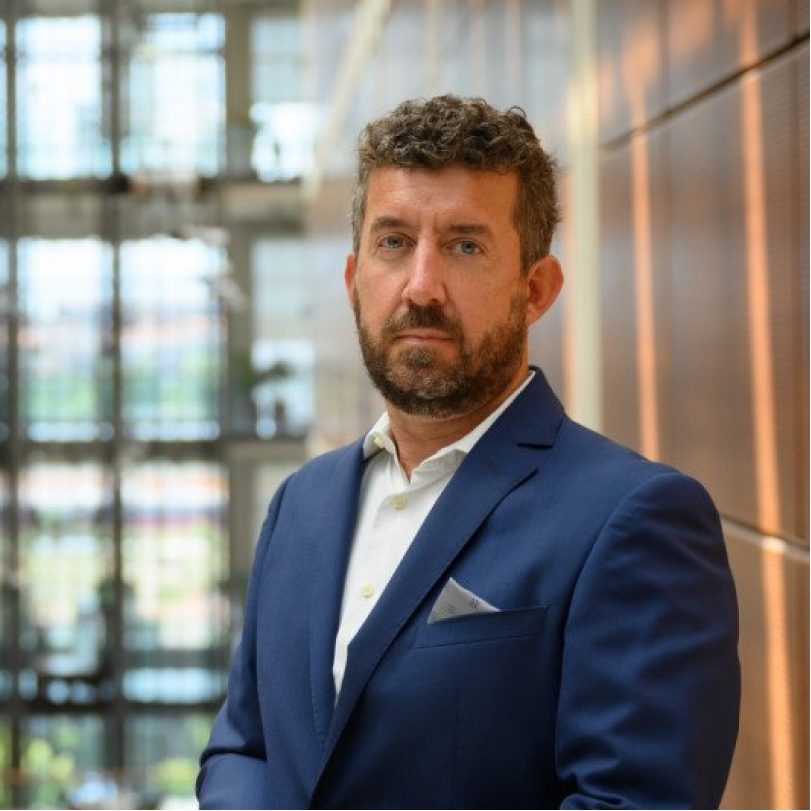
Matteo Prato
• CEO at Tourism Hub •
In this interview for the eBook "The Influence of Travel Video Marketing", Matteo Prato, CEO at Tourism Hub, brings his wealth of expertise and award-winning portfolio in destination promotion to the fore.
From discussing the current challenges and opportunities facing the tourism industry to exploring the impact of digitalization on destination promotion, he offers insights on innovation and the importance of video in tourism marketing.
Finally, Prato shares his opinion on the biggest tourism trends of the moment, providing valuable perspectives for anyone interested in the industry.
Can you please share a little about your experience, professional career, and how it feels to work at Tourism Hub?
I performed different roles in communication agencies before becoming co-owner of the Agency leader in the Italian tourism representation market. The Agency was acquired by a multinational group in 2014. I then worked for two years in the UAE as Director of Marketing and Promotions at Ras Al Khaimah Tourism Development Authority, Government of Ras Al Khaimah. In 2018 I founded Tourism Hub, intending to build a boutique consultation and representation firm. From February 2020 to September 2021, I worked as an advisor to Saudi Tourism Authority for the b2b global development.
I have an award-winning portfolio of success stories and case studies that demonstrate an outside-the-box strategic thinking and unrivaled capacity for forming marketing alliances and developing creative projects which result in outstanding results on behalf of clients.
Among other awards, with Ras Al Khaimah Tourism Development Authority, I won the Arabian Travel Awards as Best Tourism Board in the Region, two accolades at the Transform MENA Awards for the best Campaign and Destination Video, and the Golden Bears Best Destination TVC at ITB Berlin in 2017.
When I founded Tourism Hub, I wanted to leverage and capitalize on the experience – indeed rare for the industry – to have worked both for the Agency and the Client sides. Tourism Hub has an ambitious vision of challenging the traditional way of doing tourism representation in the market, bringing to life a new paradigm, a transformational approach based on agile working.
The Agency has the scope of serving tourism clients, truly offering tailor-made solutions based on clients’ needs and requirements. Competencies and skills are aggregated around the client bringing in best in class resources to perform the job required.
Tourism Hub is a network of independent tourism consultants that cooperate on a local and global scale to deliver tailor-made scalable and results-oriented destination marketing and development strategies. The working model is client- centric, and the team is curated and created specifically for each project. This ensures the world’s best practice professionals, competencies, and exquisite skills are selected to deliver the scope and outcomes requested at the highest standards.
By combining intelligence and imagination, market knowledge, and outstanding passion, we deliver greater impact and efficiencies for clients.
At Tourism Hub, we are deeply engaged with distribution partners and proud to call key Tour Operators our friends. We know the retail network inside out, and we are frequent flyers with key aviation partners. Our PR team has the most reputable travel editors, journalists, and freelancers in the Italian media panorama on speed dial. No matter if a client is looking for a re-branding or a marketing strategy to position it from zero - we don’t wait for opportunities, we create them. We build relations, stories, and magic.
"Tourism Hub has an ambitious vision of challenging the traditional way of doing tourism representation in the market."
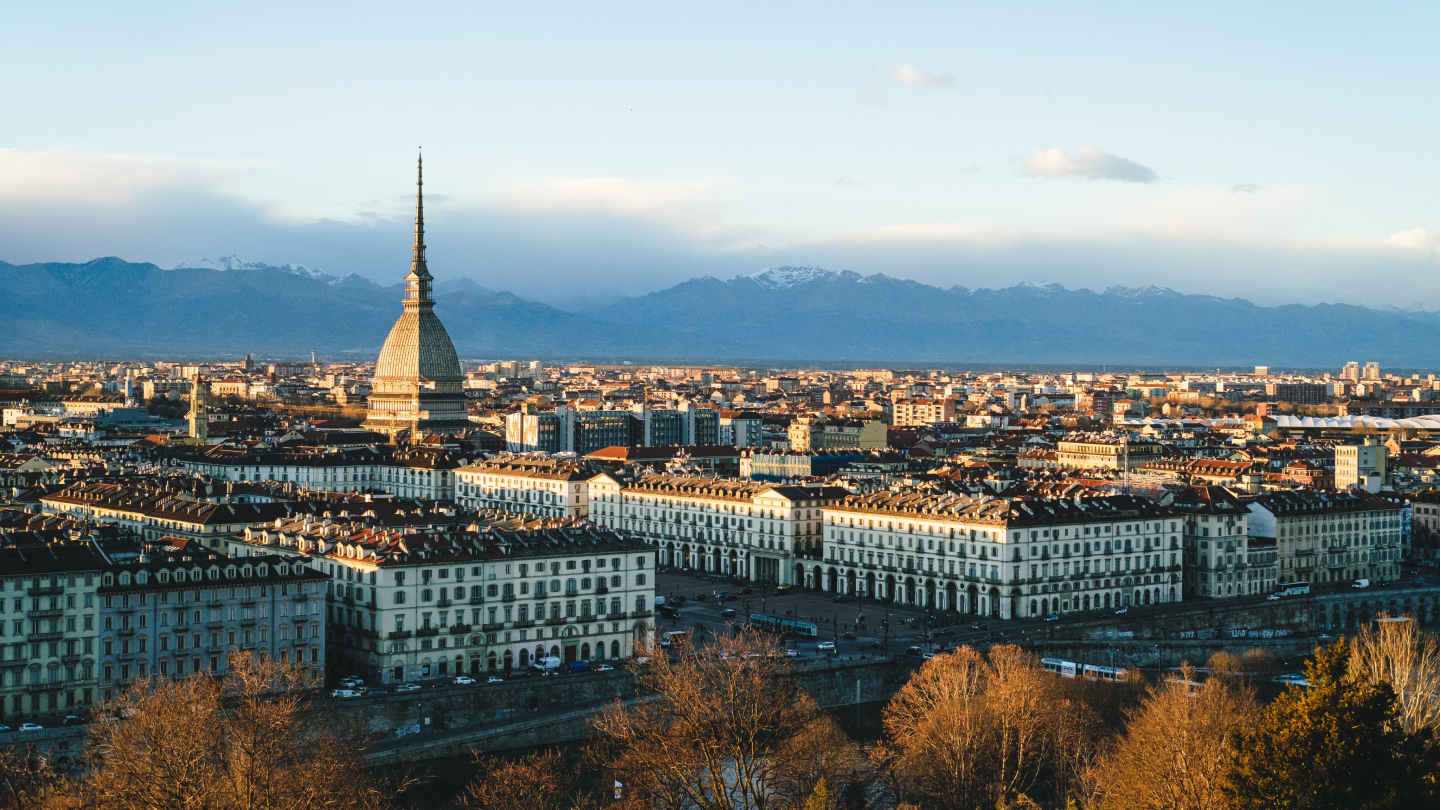
How important is the work of companies such as the Tourism Hub? Which are the main obstacles in this area?
When I try to explain what I do for work to my friends or even to my kids, the reaction I get is always contradictory and confusing.
“So you are a Tour Operator. Can I book my next trip with you?”
“What a job. You test hotels and tourism products. Can I work for you?” “You have the best job in the world, you are always on holiday.”
Those are the common responses and comments I get.
The reality is that for the majority of tourists, the supply chain in the tourism sector is quite obscure, and we operate in a segment that is, even more, a niche. I believe our work is indeed important for the sector, both for the B2B and B2C.
Tourism is definitely a global challenge as destinations compete on a terrain that is World’s scale. However, the consultancy we provide to our clients for the representation work is very local. So even though the competition is macro, the distribution is still micro, and for a market like Italy, still very fragmented both in terms of geography and demography.
I don’t want to mention the Pandemic as it is clear this is the major challenge we have faced in the past two years and a half, and it shook our sector to its roots. However, I think that the major challenges tourism has to face are:
- Sustainability. Both cultural and environmental.
- Acceptance. In a country like Italy, the impact of Tourism on the GDP is approximately
13%, with approximately (pre-pandemic) 1.8 million workforces. Still, I don’t think the sector is adequately represented and valorized. The impact of Tourism on a Country is often underestimated and calculated only in terms of direct impact, whereas the indirect impact on perception, branding, and capacity to attract investments and create incremental value is often neglected.
How is the Tourism Hub innovating when marketing a tourism destination?
Let’s face the truth. Tourism as an industry is investing relatively small amounts – compared to other industries - in innovation and even less in B2C communication. This is reflected in the relatively slow introduction of major innovations in the system or the slow adoption of new communication codes in the marketing mix.
From a consumer communication perspective, the majority – if not the totality – of tourism players integrated the social media channels as an integral part of their strategy, not often exploiting the medium’s 100% potential.
At Tourism Hub, we always look at emerging consumer trends and tools that can innovate how we operate and consult our clients.
One area of innovation we successfully work very actively on is the cross-marketing partnerships and affinity branding. Tourism, in fact, offers an almost endless source for content, inspiration, and experiences that can be used as cross-marketing collaborations allowing tourism to widen the communication angle and expand audiences.
From a purely operational point of view – but we are very proud of and fond of - we operate with agile methods– even before smart working becomes a necessity – and we are plastic free and almost neutral, for example, in terms of paper consumption.
Do you think tourism destinations nowadays make every possible effort to provide creative and innovative solutions to position their products, services, regions, or cities?
As I said above, I am a bit critical when talking about innovations in the Tourism sector. However, there are great examples of success stories around us that bring creativity to the sector.
I think about alternative accommodations such as cabins, tiny houses, design pods, and glamping which have indeed innovated the hospitality sector in the past years.
We are proud to be working for a client in the aviation sector that recently introduced a new service in the Italian market, a full business class service from Milan to New York. The airline created a new way of flying called smart business class: comfortable, seamless, gourmand, and great prices.
These are the innovations that travelers need and look for: personalized human-centered experiences!
In terms of communication and marketing, I still think that many opportunities can be explored. I think that the most recognized consumer marketing campaign in Italy is a campaign done by the leading Italian Tour Operator in 1988... “Ahi Ahi Ahi”.
How has the use of technology and digitalization affected tourism promotion?
As we all know, digitalization and the use of AI in digital advertising can be extremely powerful and efficient. As a result, many tourism brands, considering the relatively low cost per contact, use those systems for advertising products. However, this creates a communication funnel that can generate noise and confusion in the conversation with end consumers.
I still believe that the communication throughout the purchase pattern can be optimized and tailor-made further. Consumers tend to require personalized experiences, and tailor-made one-to- one conversations should be implemented in order to maximize results.
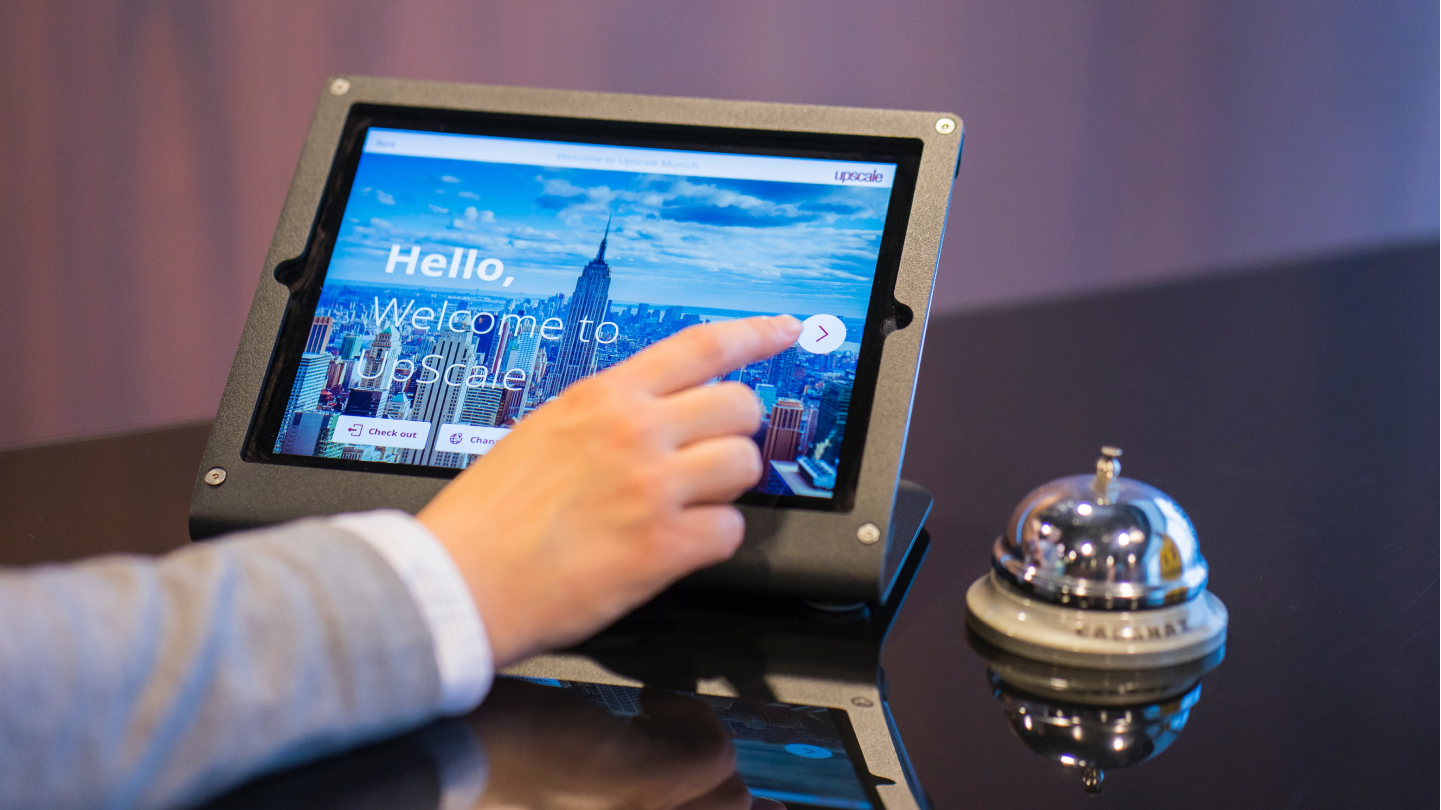
Has social media changed tourism brands’ conversations with the audience/ visitors? How?
Social media initially offered the opportunity to personalize conversations. However, in recent years, I feel the tourism social media channels have become again broad and general. As a result, I see more and more global campaigns talking to wide audiences with broad tones and general approaches losing the sense of direct contact and in-context conversations.
Social media has become a complement to search engines for destinations and experiences, and the sharing part of the SM is a powerful tool for driving inspiration. However, I feel that the conversational part between destinations/products and users is often left out in the strategies. I think that two-way communication should be improved for greater efficiency.
The key to business success in SM is not only to have a channel, but also to collect social shares, positive user reviews, and customer satisfaction and transform them in a living conversation.
How does video contribute to the marketing strategy of a destination?
Video is the king. Video consumption is continuously rising, and destinations are adapting to the trends fighting for a few seconds of attention. If, on the one hand, longer videos with Hollywood stars and cinematic narrative and techniques became normal for those able to spend adequately on productions, for the others with smaller budgets, I see a risk of standardization of the tones of communication and potential risk losing the “own” character and voice to stand out in the crowd.
How important is storytelling for a destination promotion?
A few years back, we said content was the king. And storytelling is the ability to transform the content into a story. Unfortunately, destinations often use the same codes and stories. Think about the TikTok trends or the reels - attention to the risk of just following trends instead of creating distinctive ones.
Finally, what do you consider to be the main trends in tourism? Where is travel video marketing headed?
Customization. Travelers are more and more looking for personalized and tailor-made unique experiences. Travel video marketing should intercept this trend by offering video experiences that are unique and personalized to the audience. What can be an alternative approach to “one brand video fits all?”
Sustainability. Travelers are more attentive to sustainability themes, and younger generations are driving their purchases with an attentive eye for cultural, economic, and environmental sustainability. Destinations should always keep the sustainability as North Star, even in content video productions.
Impulse. Nowadays, travelers are acting by impulse, and video marketing should be able to trigger this impulse by creating an aspirational narrative and driving the action.
And then metaverse, crypto, and NFT...but we’re still in the experimental phase. Let’s see how the pioneers will adopt and what advantage they will get, other than media coverage and curiosity, of course.
Did you like the interview? Download the free eBook and enjoy learning from some of the best in Travel Video Marketing!



